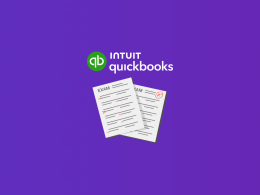Growing your franchise or managing several LLCs? You definitely require proper accounting software. With real-time reporting, multi-entity, and simplified charts of accounts, accounting solutions will enable you to make better business decisions earlier.
This guide rounds up 7 best accounting software for multi-entity businesses in 2026—our top picks for ecommerce and SaaS companies.
What is multi-entity accounting software?
Multi-entity accounting software, or else, accounting software for multiple businesses, enables business owners and accountants to oversee the accounting operations of several companies or branches within one solution. Rather than juggling numerous different platforms, you can roll up financial reporting, automate intercompany transactions, manage multicurrency accounts with ease, and save time, all in one place.
Key features of top accounting software for multiple businesses
Dealing with multiple entities translates to added complexity—more data, more regulations, more risk. The ideal accounting software for multiple companies shouldn’t merely cope with this complexity, but make it simpler.
These are the main features to search for:
Unified chart of accounts across entities
Operating several businesses without a common framework is like owning three restaurants with three different menus and three different inventory systems—you waste time just trying to compare them. A unified chart of accounts keeps everyone on the same page so that you can track performance more easily, spot problems, and roll up the numbers for budgeting or audits without the chaos.
Multicurrency capabilities
If you’re operating globally, handling multiple currencies is just part of the job. Good accounting software automates exchange rates, supports invoicing in any currency, and tracks gains or losses for you. You can also view reports in both local and base currencies—so you always know where your finances stand.
Real-time financial data & consolidated reports
If you have more than one business, real-time reporting gives you a snapshot of how each of them is doing. Want to see your New York office P&L compared to London? No problem. It enables you to identify problems sooner, complete the books quicker, and make smarter decisions before little issues get bigger.
Role-based access and permissions
Not everybody requires complete access. With role-based permissions, your bookkeeper manages day-to-day activities, your CFO has full visibility, and your auditor receives read-only access. It keeps sensitive data protected, approvals in check, and your team focused on what matters most.
Easy switching between business accounts
Juggling multiple companies shouldn’t mean juggling logins. Proper software allows you to switch between dashboards in real time, control everything from a single location, and maintain your workflow consistent, without any unnecessary clicks, or lost time.
Audit-ready logs and compliance tools
The Public Company Accounting Oversight Board (PCAOB) discovered deficiencies in 46% of audits, occurring when auditors fail to obtain sufficient evidence. It means that for multi-entity companies, keeping track of the financial information for audits is critical.
Think of audit logs like a security camera for your books: every transaction is time-stamped, tracked, and backed up automatically. If you’re getting ready for tax season or showing compliance across borders, having GAAP– or IFRS-ready reports at your fingertips makes the process a lot less painful.
Intercompany transactions & eliminations
When your businesses work together—sharing costs, billing each other, or moving funds between entities—things can get messy fast. The right software handles intercompany transactions behind the scenes, automatically recording loans, transfers, and eliminations during consolidation. It makes your books cleaner, minimizes manual errors, and allows you to close the month without issues.
Integration with CRMs, payroll, and ecommerce
Running multiple businesses means you’re already using a combination of tools—CRMs, payroll, ecommerce, and payments. The top accounting software integrates with all of them, so sales from Shopify, payments through Stripe, or payroll in Gusto flow straight into your books. No more exporting spreadsheets or fixing disconnected data—just one clean, integrated system that keeps everything in sync.
Scalability and entity creation
Growth shouldn’t slow you down. Whatever you’re doing, launching a new brand or expanding into a new territory, your accounting software should make it effortless. Look for software that enables you to set up new entities quickly, ideally by cloning settings from existing ones, while still having centralized management. It’s like adding a new branch to a well-run system, not rebuilding from scratch.
Top 7 accounting software for multiple businesses
1. Synder
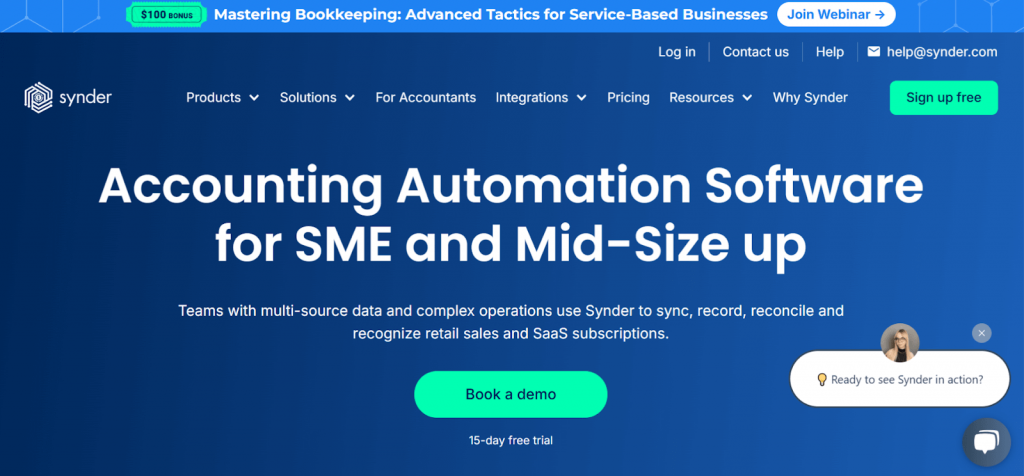
Synder is a powerful multi-entity accounting software built for fast-moving ecommerce (including service-based), and SaaS businesses. It syncs sales data from various channels—Shopify, Stripe, PayPal, Amazon, and others—with QuickBooks (Online and Desktop), Sage Intacct, Xero, custom ERPs, and soon, Oracle. Any business or brand can have its own linked entity with accounting processes fully automated and financial reporting in real time. The platform went through the AICPA Accelerator and is featured in Accountant Approved bundles on the QuickBooks App Marketplace, reinforcing its credibility and alignment with accounting industry standards.
Highlights:
- Multi-business setup with entity-level dashboards
- Automated revenue recognition (GAAP-compliant)
- Financial data sync from 30+ platforms
- Consolidated financial reports
- Handling multiple currencies and tax zones
- Seamless integrations with the most popular accounting software
- 15-day free trial with no commitment and Weekly Public Demo sessions to see the tool in action
Best for: Businesses managing multiple revenue streams across ecommerce, subscriptions, or global markets, including midsize and enterprise companies needing scalable, automated accounting.
Read about revenue recognition challenges and how automation solves them.
2. QuickBooks Online
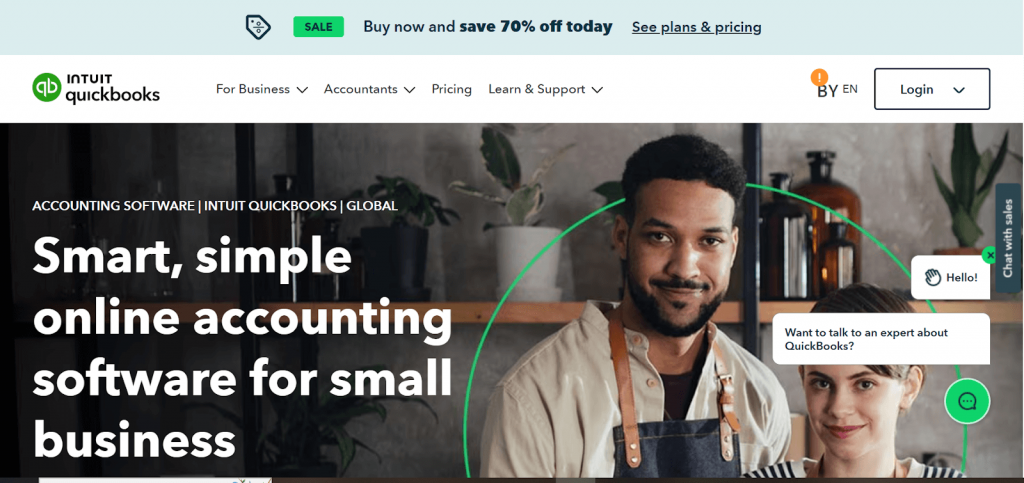
QuickBooks Online supports multiple companies through separate subscriptions, which enables business owners to maintain financial records for each separately and securely. Though it doesn’t offer consolidated reporting as such out-of-the-box, it remains one of the most popular solutions for small businesses.
Highlights:
- Separate business accounts per company
- Flexible chart of accounts
- Strong reporting and banking features
- Mobile access and app ecosystem
- Multicurrency support available on higher plans
Best for: Freelancers or small businesses managing 2–3 separate companies.
3. Xero
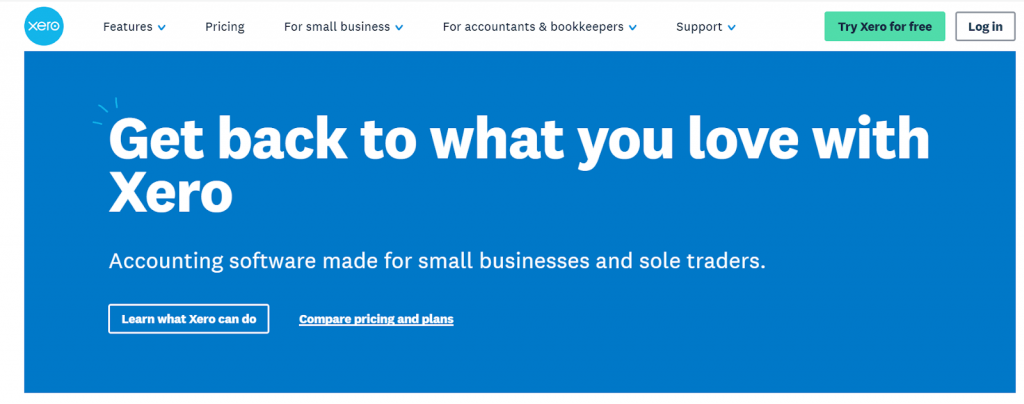
Xero is known for its clean interface and strong bank reconciliation. It also lets you handle various businesses under a single login (each with its own subscription). Xero provides unlimited users, making it suitable for expanding teams that require access to several business accounts.
Highlights:
- Entity-level control with one login
- Multicurrency, multi-location, and multi-user
- Strong chart of accounts design
- Good third-party app integrations
- Real-time financial reports with visual dashboards
Best for: Mid-sized businesses with distributed teams and a need for streamlined UX.
4. Sage Intacct
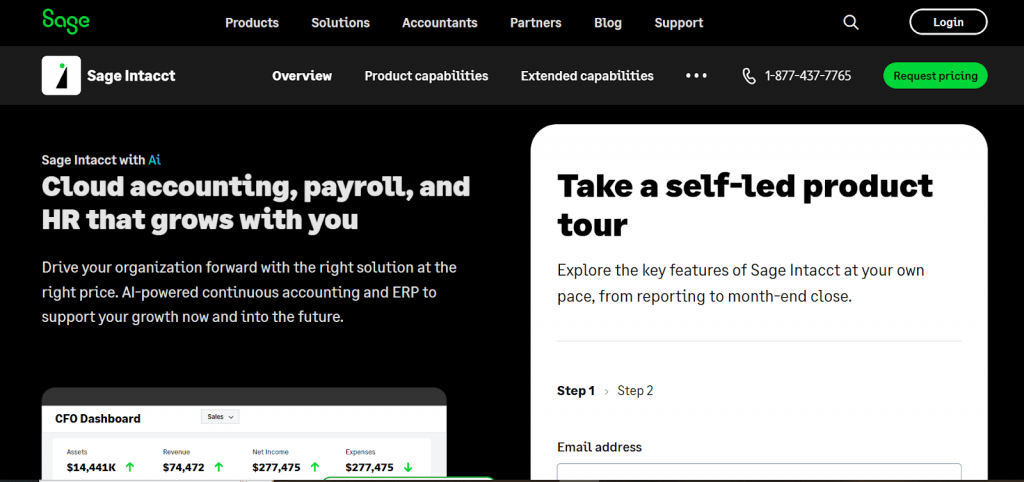
Sage Intacct is designed for accountants who serve complex multi-entity organizations. It provides deep accounting functionality, automated intercompany eliminations, and enables real-time consolidated financial reporting.
Highlights:
- Built-in multi-entity, multicurrency, and global consolidations
- Advanced chart of accounts segmentation
- Role-based dashboards for CFOs and controllers
- AICPA-endorsed for GAAP compliance
- Integration-ready with ERP, CRM, and payroll tools
Best for: CFOs of midsize to enterprise-level businesses with layered structures.
5. Zoho Books
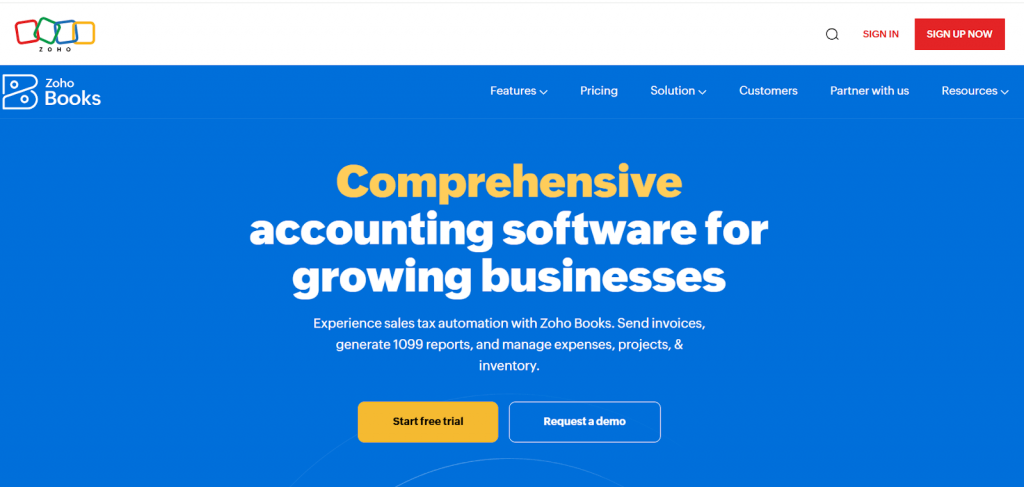
Zoho Books supports multiple business accounts with an easy-to-use dashboard and low costs. It’s ideal for small businesses or start-ups that want to scale up accounting activities without heavy investments.
Highlights:
- Easy company switching with one login
- Strong invoice and expense features
- Multicurrency support on higher tiers
- Part of the Zoho One ecosystem
- Free plan for businesses under $50K in annual revenue
Best for: Solopreneurs and cost-conscious startups.
6. NetSuite ERP
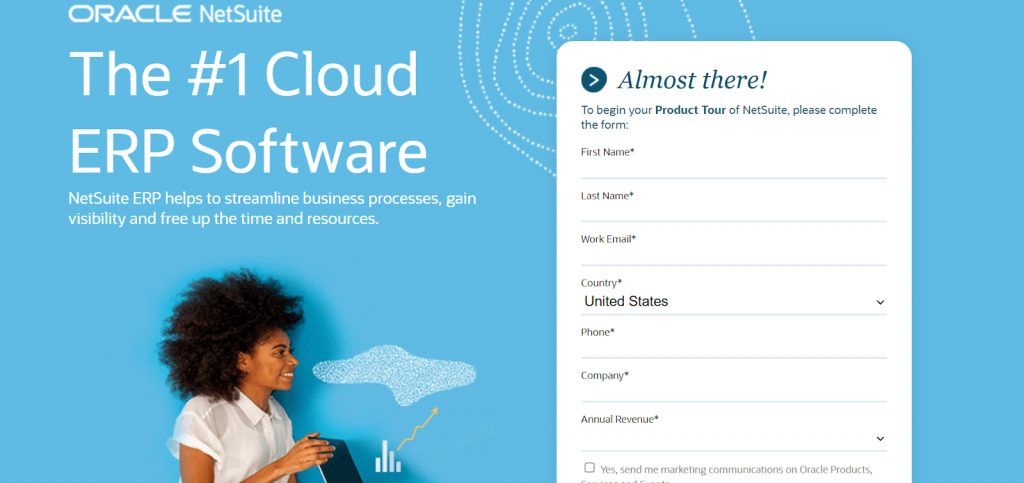
NetSuite offers a robust ERP platform, providing multi-entity accounting, revenue management, tax compliance, and inventory. It’s designed for larger corporations with global subsidiaries and detailed reporting requirements.
Highlights:
- Global financial consolidation
- multicurrency and tax management
- Highly customizable chart of accounts
- Automated intercompany eliminations
- Role-based permissions for governance
Best for: Enterprises with global operations and complex compliance needs.
7. FreshBooks
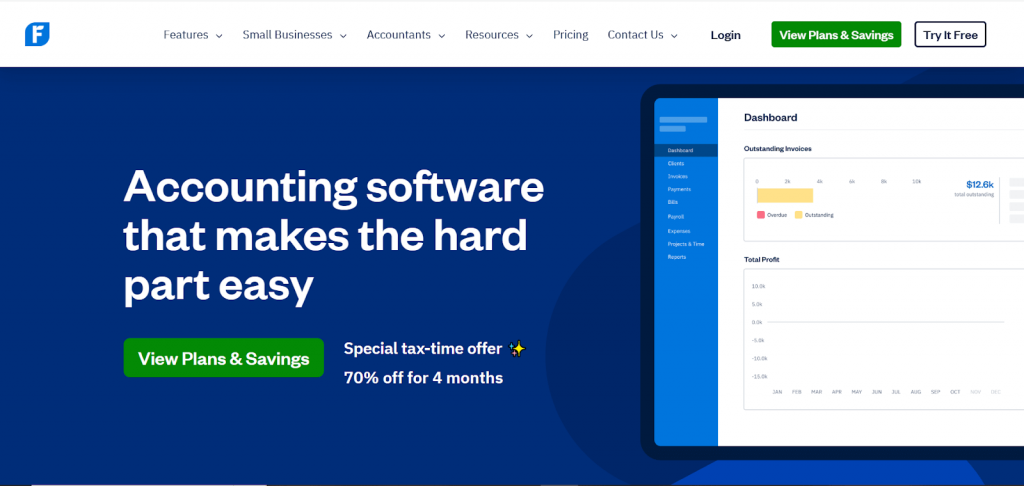
FreshBooks allows users to create and manage multiple businesses under one login. While lighter in weight than others on this list, it’s ideal for freelancers, consultants, and agencies who are handling client brands individually.
Highlights:
- Simple dashboard for switching between companies
- Invoicing, expense tracking, and time tracking
- Mobile-first design
- Supports multicurrency invoicing
- Collaborative features for small teams
Best for: Freelancers or solopreneurs who juggle multiple brand identities.
Top multi-business accounting software comparison
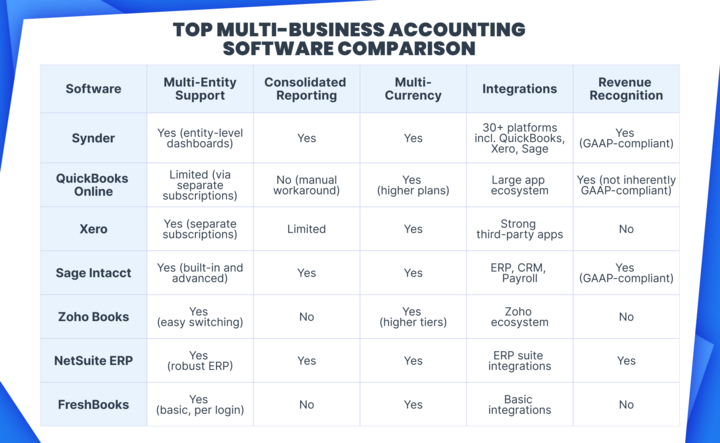
This brings us to the big question: How do you know which one’s best for you?
How to choose the right accounting software for multiple businesses
As you compare your choices, consider the following questions and some real-world scenarios:
- How many entities will I manage?
You may be beginning with two brands today, but if you’re going to be adding three more in the coming year, you‘ll need a solution that allows you to add new entities easily and quickly—without reinventing the wheel each time.
- How complex are my accounting needs?
Say your marketing agency invoices your media production company, and both roll up under the same umbrella—manual intercompany transactions quickly become a nightmare. Automation software will save you time and prevent costly mistakes.
- Am I dealing with multiple currencies or tax jurisdiction?
Picture this: you’re doing business in the United States, United Kingdom, and Australia—each with their own tax codes and currencies. Your app should be able to do automatic conversion calculations, tax compliance and gains/losses so you don’t have to.
- How deep do the reporting features go?
Imagine needing to compare revenues across different branches, down to the product line, before a board meeting. Real-time consolidated reports will give you answers instantly, not in hours.
Final thoughts
The best accounting software for multiple businesses in 2026 offers the perfect mix of automation, real time information, and agile architecture for managing complicated accounting procedures. If you’re running three ecommerce businesses or an international franchise, these solutions allow you to maintain your financial health.
Synder leads our list for its robust multi-business automation, multicurrency capabilities, and seamless ecommerce integrations. But every business is different— find what fits your growth strategy best.





